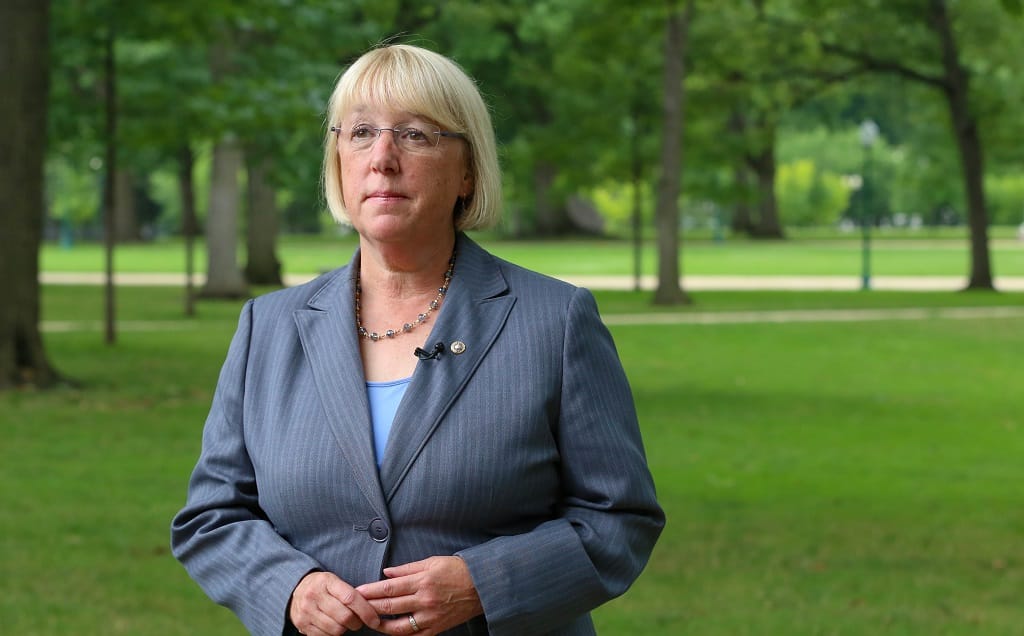Senators Reintroduce Bipartisan Digital Equity Act
Sen. Murray re-introduces bi-partisan that would provide grants to states pushing for digital equity.
Jasmine Campos

June 14, 2021– Three Senators have introduced legislation that would provide grants to states that create digital equity plans.
The proposed legislation, reintroduced on Thursday by Patty Murray, D-Washington, Rob Portman, R-Ohio, and Angus King, I-Maine, would set-aside $60 million to establish a State Digital Equity Capacity Grant within the Department of Commerce that would “promote the achievement of digital equity, support digital inclusion activities, and build capacity for efforts by States relating to the adoption of broadband by residents of those States.”
The funds from the Digital Equity Act in the Senate would be made available to all states, foundations, corporations, institutions, or agencies. The bill was first introduced by Murray in 2019.
Each state will receive a different grant amount depending on a formula that includes population and access to broadband across the state, to be spent within 5 years of receipt.
In addition to funding for states, the bill creates a $125-million Digital Equity Competitive Grant Program. This program is also for state agencies and institutions but is more specifically geared toward those that are responsible for “adult education and literacy activities.”
Infrastructure portion
A final pillar of the bill is to create more infrastructure and resources for future development of policies that will continue to promote a bridging of the digital divide.
During a press conference on the bill, Murray told the Broadband Breakfast that she believes the bill will be successful because it gives states and local communities the ability to decide what their needs are. “We cannot dictate that in D.C.,” she remarked.
When asked why the bill will create more permanent solutions, she stated that it, “Provides for the diversity of needs that are going to continue to be out there.”
The senators co-sponsoring the bill said they are confident it will make its way into any infrastructure legislation passed by Congress.









Member discussion